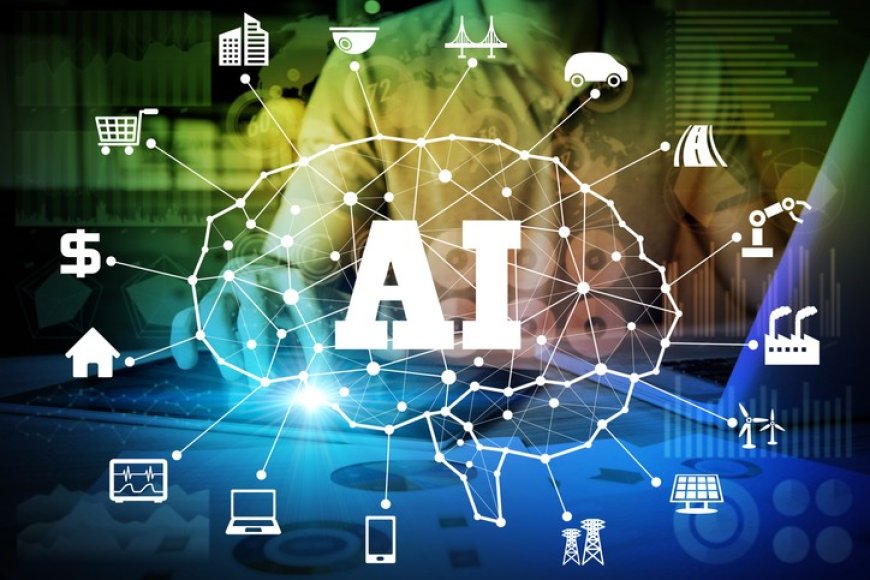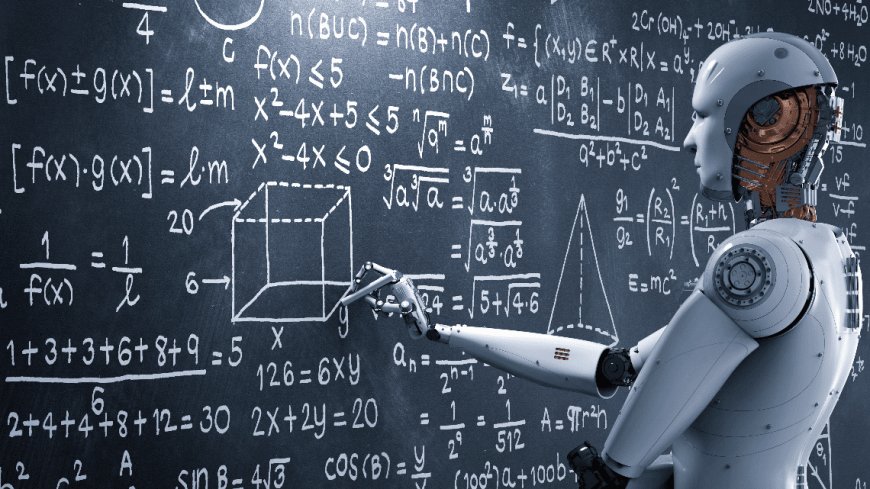How AI Will Shape the Future of Jobs in India
AI will undoubtedly reshape the job market in India, with both challenges and opportunities. As the country continues its journey into the AI-driven future, it is crucial for businesses, workers, and policymakers to collaborate to ensure that the workforce is prepared for the changes ahead.

The AI Revolution in India
Artificial Intelligence (AI) is transforming industries across the globe, and India is no exception. With its rapidly growing tech sector and large workforce, India is poised to experience significant changes in the job market due to the rise of AI technologies. From automation to data-driven decision-making, AI will shape the future of jobs in India, impacting various sectors such as IT, healthcare, manufacturing, and agriculture.
AI’s Impact on Key Sectors in India
-
Information Technology (IT) and Software Development India’s IT sector, which contributes significantly to the economy, is already witnessing an increasing adoption of AI. In the future, AI will:
- Automate repetitive coding tasks, making software development faster and more efficient.
- Drive the growth of AI-powered applications, increasing demand for AI engineers, data scientists, and machine learning specialists.
- Shift job roles from traditional coding to more advanced positions focusing on AI algorithms, data analysis, and system architecture.
-
Manufacturing and Automation AI-powered automation will transform India’s manufacturing sector:
- Job Displacement: Traditional jobs involving repetitive manual labor may decrease as robots and AI systems handle tasks like assembly, inspection, and quality control.
- Job Creation: There will be an increasing need for skilled technicians to maintain AI systems, and engineers will be required to design smarter machines.
- Reskilling: India will need to invest in reskilling programs to prepare workers for new roles in AI, robotics, and maintenance of automated systems.
-
Healthcare AI is expected to revolutionize India’s healthcare system:
- Medical Diagnostics: AI tools will enhance diagnostic accuracy, reduce human error, and enable more efficient patient care.
- Telemedicine and Virtual Healthcare: AI will expand the reach of healthcare services, especially in rural areas, where access to doctors is limited.
- Job Transformation: Healthcare professionals, such as doctors and nurses, may see their roles evolve as AI tools assist in diagnostics, treatment planning, and administrative tasks.
-
Agriculture AI’s applications in agriculture will help farmers optimize crop production, manage resources efficiently, and predict market trends:
- Precision Agriculture: AI-driven solutions will help monitor soil conditions, optimize irrigation, and predict weather patterns, enabling farmers to maximize yields.
- Job Changes: Traditional farming jobs may see a decline, but there will be new roles in managing AI technologies, drone operation, and data analysis in agriculture.
-
Retail and E-commerce The retail sector in India is already using AI for personalized recommendations, customer service bots, and inventory management. In the future:
- Customer Service: AI chatbots and virtual assistants will take over routine customer inquiries, reducing the need for traditional customer service roles.
- Supply Chain Optimization: AI will streamline logistics and inventory, leading to the growth of demand for AI specialists in the retail supply chain.
-
Education AI can transform the education sector in India by personalizing learning experiences, providing instant feedback, and enhancing administrative efficiency:
- Personalized Learning: AI will offer individualized learning paths, helping students learn at their own pace, and enabling teachers to better track progress.
- Job Evolution: Teachers and educators will need to adapt to new teaching methods and incorporate AI tools into the classroom.
Challenges and Opportunities
-
Job Displacement vs. Job Creation While AI will lead to job displacement in some areas, it will also create new opportunities:
- Reskilling and Upskilling: As automation increases, the demand for workers with AI-related skills will rise. India will need to invest in education and training programs to ensure its workforce is prepared for the AI-driven future.
- New Roles: There will be growth in AI-specific fields, such as machine learning engineers, AI specialists, data scientists, and ethicists.
-
Impact on Low-Skill Workers The rise of AI may exacerbate job displacement for low-skill workers, especially in sectors like retail, manufacturing, and transportation. India must prioritize inclusive growth by offering reskilling opportunities for these workers to transition into higher-skilled roles.
-
Economic Growth and Innovation AI has the potential to spur economic growth by making businesses more efficient and innovative. Indian businesses, especially startups, can leverage AI to drive new products and services, opening up job opportunities in entrepreneurship, research, and innovation.
Preparing for the Future: AI Skills and Education

-
Building an AI-Literate Workforce To stay competitive, India must integrate AI and digital literacy into school curricula, vocational training, and university programs. Additionally, collaboration with industry experts and tech companies will be crucial for developing real-world AI training programs.
-
Government and Industry Collaboration The Indian government, tech companies, and educational institutions need to collaborate to create policies and programs that support AI development and job creation. This includes fostering innovation, ensuring data privacy and security, and creating ethical guidelines for AI deployment.
What's Your Reaction?




























































